Stock markets in Europe remained unsettled on Tuesday despite a rebound in Japan which almost reversed record falls at the start of the week.
London's FTSE 100, along with stock markets in Paris and Frankfurt, opened higher but soon slid back.
Overnight, Japan's Nikkei 225 stock index jumped by 10.23%, or 3,217 points in its biggest one day gain in points, after the previous day's plummet.
Focus has now shifted to US stock markets, which open in a few hours, after a couple of days of torrid trading.
The Nikkei's 12% slump at the start of the week weighed on global stock markets. Sharp share price drops in UK, Europe, and US followed.
Experts says this was in reaction to fears of a US economic slowdown. A rare interest rate cut in Japan is also believed to have played a part.
On Tuesday, the FTSE 100 opened higher, albeit a modest 0.33% gain, before dropping. Stock markets in France and Germany followed a similar path.
Russ Mould, investment director at AJ Bell said there will be "some relief" on stock markets on Tuesday but said "the next key test will come with the market open in the US this afternoon".
“Fears about a sharp recession in the US, engendered by weak jobs data, remain," he added.
Stock markets in the US have fallen following disappointing employment figures for July which showed that the jobless rate rose.
There has also been concern that shares in big technology companies - particularly those investing heavily in artificial intelligence (AI) - have been overvalued and some of those firms now face difficulties.
The technology-heavy Nasdaq index has fallen sharply in recent days although on Monday, it trimmed losses to end the day 3.4% lower.
Meanwhile, the S&P 500 fell 3% and the Dow Jones Industrial Average ended 2.6% down.
The worse-than-expected jobs figures stoked speculation about when - and by how much - the US Federal Reserve could cut interest rates.
Last week, it voted to hold rates while other central banks decided to cut them.
"The Federal Reserve missed an important opportunity to cut interest rates last week like the Bank of England did," said economist Mohamed El-Erian, who is also president of Queens' College, Cambridge.
The Fed had signalled that a rate cut in September was on the table. But Mr El-Erian told the BBC's Today programme that by waiting "it risks tipping the economy further towards a higher probability of recession."
A number of experts have cautioned that it is premature to suggest the world's largest economy is heading for a downturn.
But if it does, it would have wider implications.
"What happens in the US economically and financially does not stay in the US," said Mr El-Erian.
"The US has been the major driver of global economic growth, the US consumer is a very important engine of economic activity so the world as a whole would suffer if the US were to go into recession."
The wait for the Fed's next meeting will also likely mean stock markets remain unsettled.
“Markets are very volatile at the moment and will likely stay volatile until the Fed decision in September, so we wouldn't rule out rapid swings in both directions,” said Stefan Angrick, a senior economist with Moody's Analytics.
The Nikkei has swung wildly in recent days, following the Bank of Japan's decision to raise interest rates for just the second time in 17 years.
It sent the yen soaring against the dollar making Japanese stocks - and the country's exports - more expensive for foreign investors and buyers.
Commenting on the country's outlook, Jesper Koll, executive director of Monex Group Japan, said he still had confidence in the country.
"Japan’s fundamentals are strong, recession risks are nil and corporate leaders are dead-set on raising capital returns," he told the BBC.
As well as Japan, stock markets in South Korea and Taiwan also regained ground, rising around 3.5% after record falls.

 Movie
Movie 1 month ago
51
1 month ago
51 
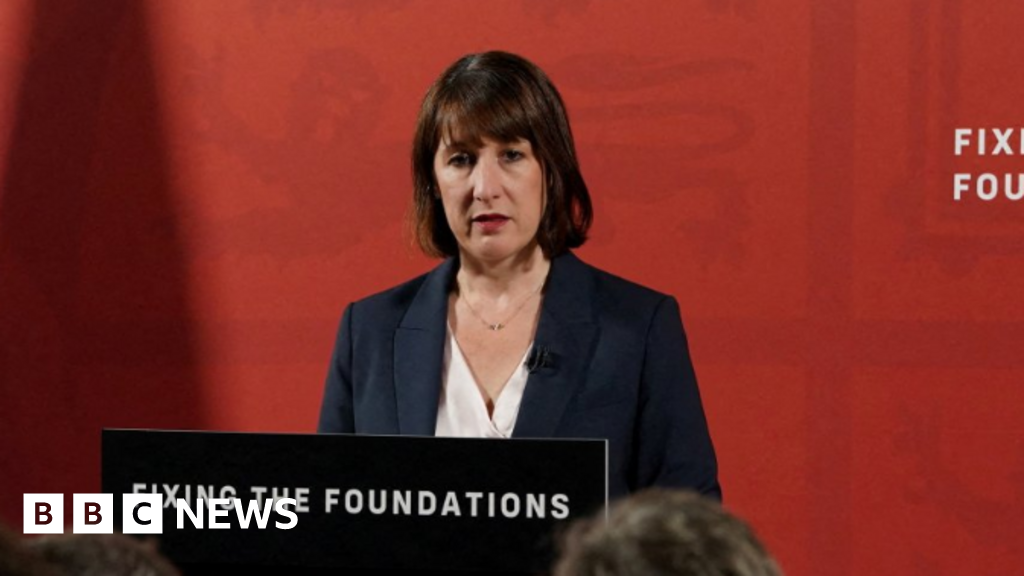
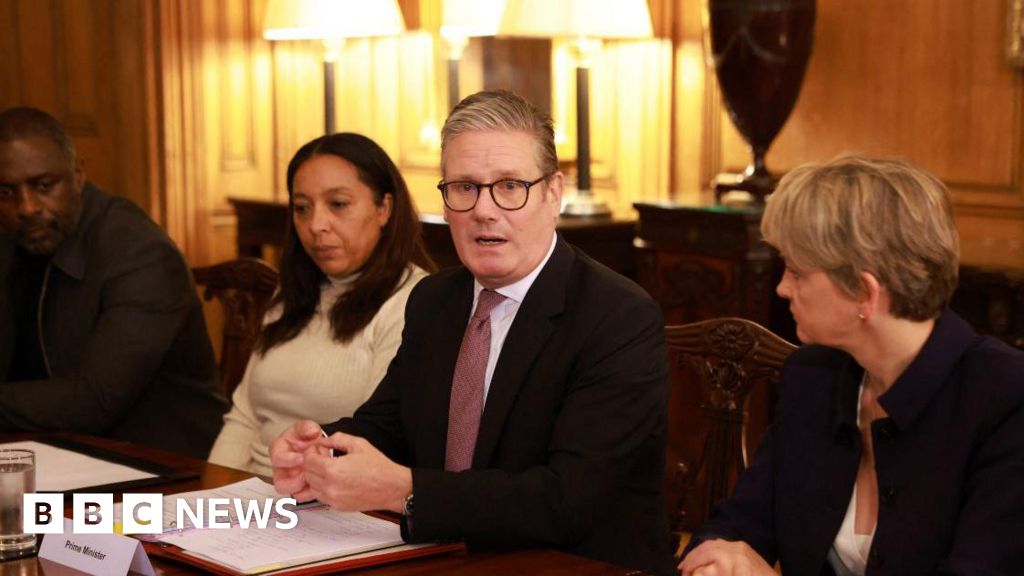
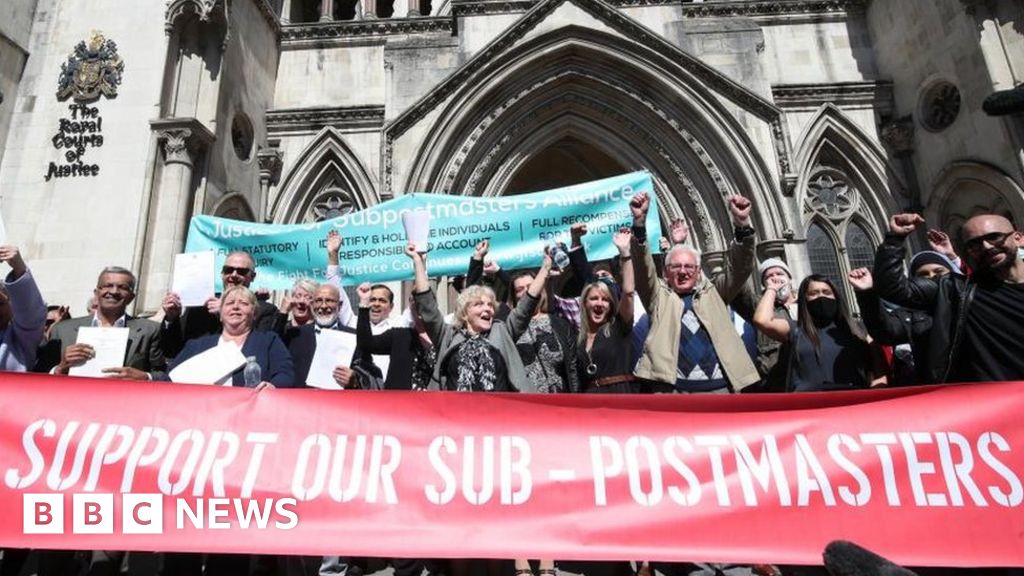
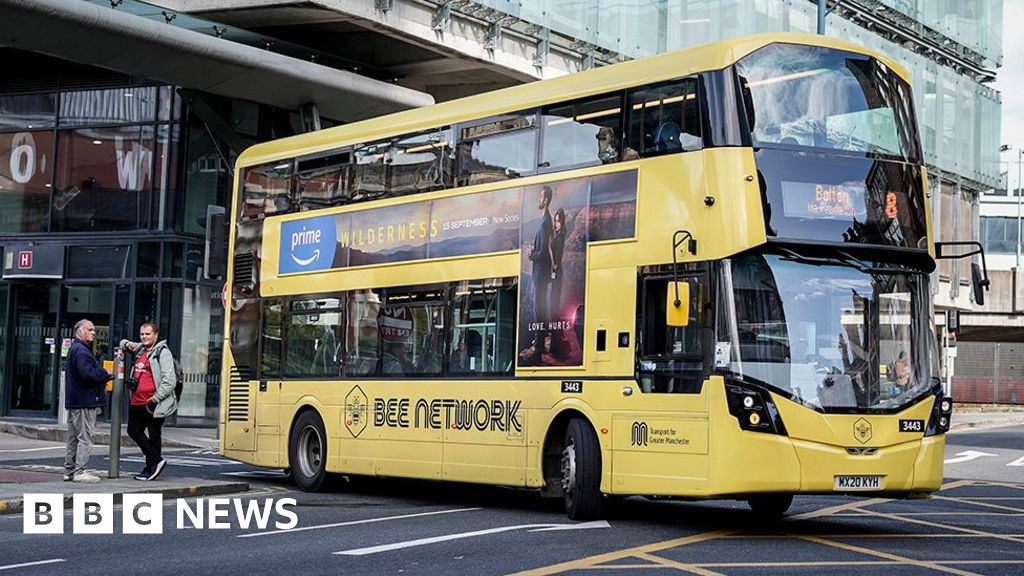
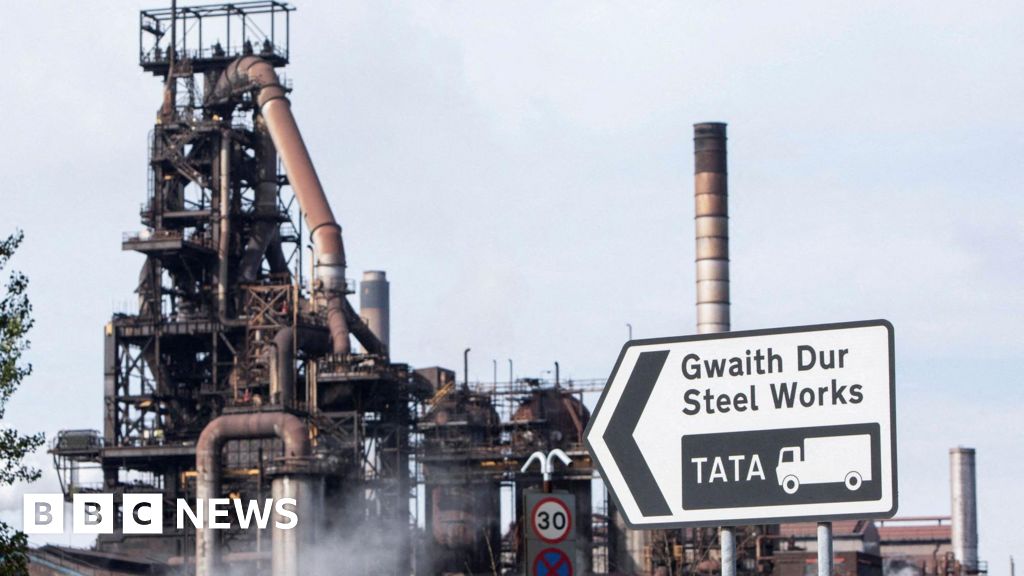

![Presidents Day Weekend Car Sales [2021 Edition] Presidents Day Weekend Car Sales [2021 Edition]](https://www.findthebestcarprice.com/wp-content/uploads/Presidents-Day-Weekend-car-sales.jpg)



 English (United States)
English (United States)